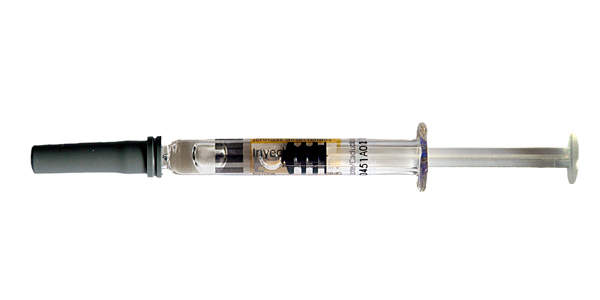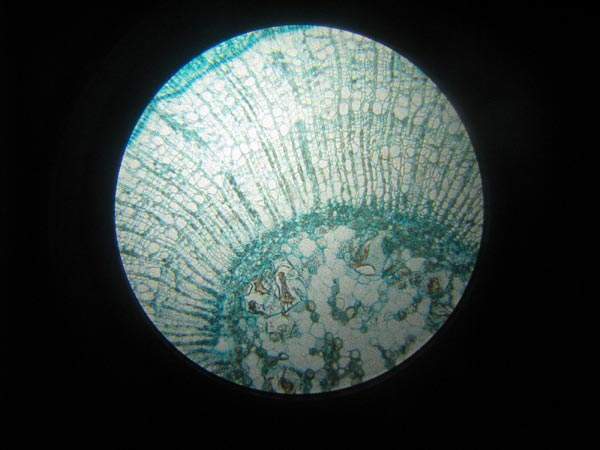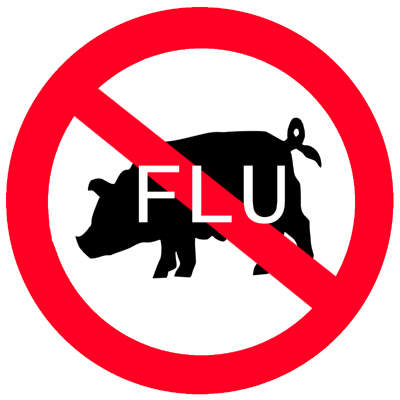Novavax, in association with CPL Biologicals, completed the construction of its new influenza vaccine manufacturing facility in Dholka City, Gujarat, India, in June 2010.
Construction of the 25,000ft² facility began in October 2009.
Financial support to the facility was provided by Cadila Pharmaceuticals, Novavax’s joint venture partner in CPL Biologicals.
CPL Biologicals is a joint venture formed between Novavax and Cadila Pharmaceuticals on March 2009.
The joint venture will develop and produce vaccines, biological therapeutics and diagnostics in India using technology sourced from Novavax and Cadila.
Indian influenza vaccine facility
The project followed Novavax’s strategy to establish regional partnerships and manufacturing capabilities. Since December 2007, Novavax and General Electric (GE) Healthcare had been working in collaboration to address the cost and timely supply issues relevant in developing a global vaccine solution for a pandemic situation.
The collaboration leverages on the bioprocess solutions and design capabilities of GE Healthcare along with the virus-like-particle (VLP) and manufacturing capabilities of Novavax. Together they offer closed, disposable and portable equipment that can be used to rapidly increase the production of influenza VLP vaccines at high yields.
The plant employs a disposable manufacturing solution developed through this collaboration between the two companies.
Novavax/CPL plant capacity
The plant has been designed to produce 60 million doses of VLP-based vaccines annually. Production will be sufficient for CPL Biologicals to sell influenza vaccines to India in the event of a pandemic.
At the same time, CPL Biologicals will supply the vaccines to Novavax that will further sell it to markets where it owns complete commercial rights.
Drugs produced at Indian plant
The plant will manufacture pandemic and seasonal influenza vaccines on a commercial scale. It will license, manufacture and sell Novavax’s VLP-based influenza vaccines in India. The plant will also produce other new vaccines that are under development by CPL Biologicals.
The influenza vaccine produced at the plant acts by triggering an immune response against a virus. Once injected, the VLPs stick to human body cells and provides a person protection from any viral attack infection. In comparison to traditional vaccines, the VLPs offer many advantages including a stronger immune response.
Instead of a live virus, a VLP-based vaccine can be produced using only a genetic sequence of a virus. In addition, the VLP causes no risk of infection during vaccination as it does not contain any viral nucleic acids including DNA or RNA.
Manufacturing with Novavax’s VLP technology
The plant will produce influenza vaccines using Novavax’s VLP vaccine technology. The technology copies the external structure of a virus without using an adjuvant. While doing so, the VLPs do not imbibe the living genetic sequence that leads to viral replication and infection.
The vaccines will be produced on a commercial scale using the innovative disposable manufacturing solution of Novavax. Manufacturing in disposable systems will allow the facility to be operated at a small scale and produce a local supply of vaccines that are to be distributed regionally. As pandemic influenza lasts for a limited period, supply of vaccines is also expected to be limited. In addition, disposable manufacturing takes half the time to commission at four times less the cost, compared to traditional manufacturing facility approaches.
Since the facility will adopt disposable product contact surfaces, cleaning and sterilisation of equipment between batches will not be required. The disposable manufacturing technology has been adopted in collaboration with GE Healthcare. Using this technology, Novavax aims to offer an economical development solution for vaccines that are to be developed if a pandemic breaks.
VLPs can be designed rapidly to match the viral strains of different individuals. Using the recombinant and portable cell-culture technology of Novavax, VLPs can be produced efficiently and at a faster rate than egg-based vaccines. The technology is suitable for vaccine development against diseases native to India and surrounding areas. This includes hepatitis E, chikungunya fever, dengue fever and rabies.





